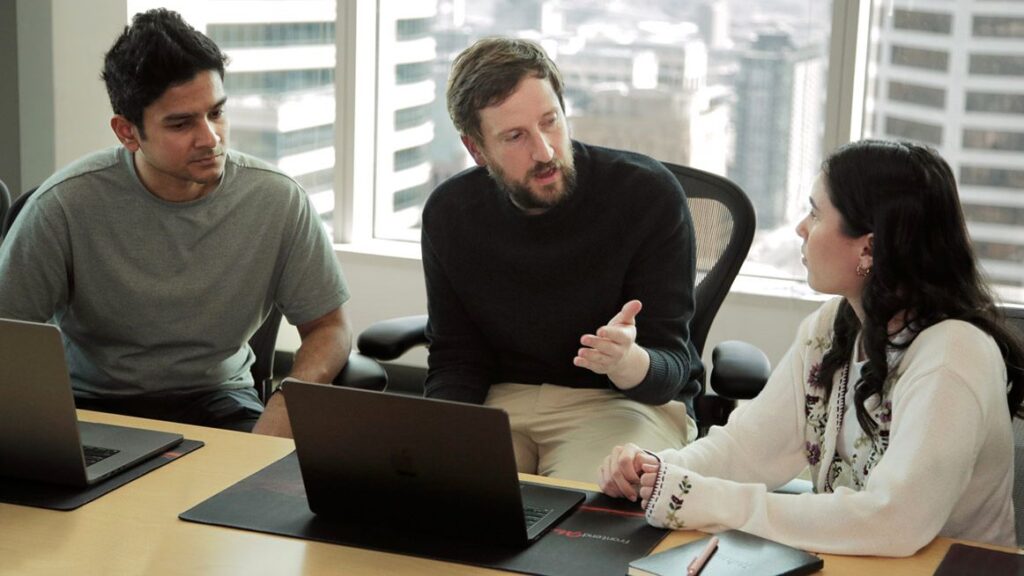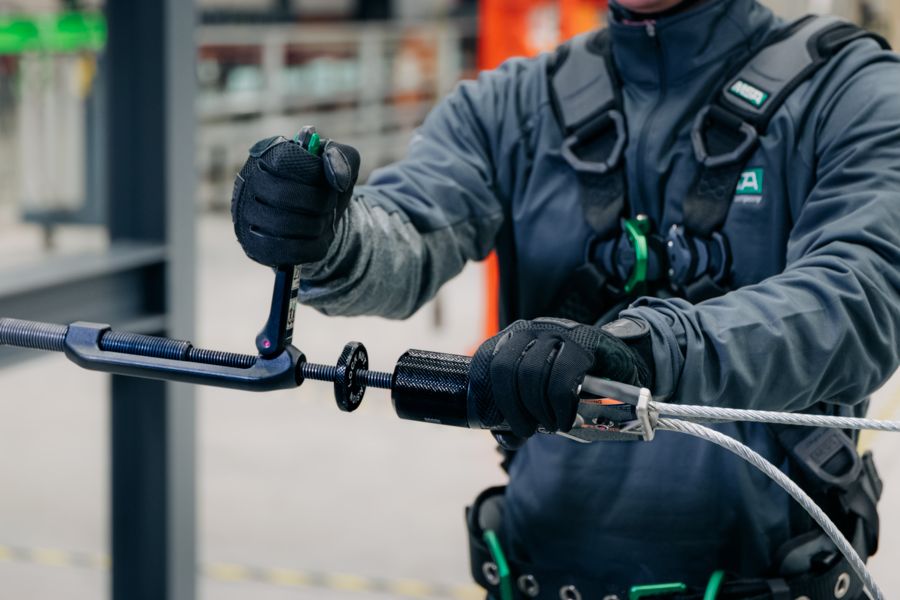
Understanding Remote High Ticket Closing
Remote high ticket closing is a specialized sales practice where professionals sell high-value products or services entirely online or via virtual platforms. Unlike traditional sales, which often involve face-to-face interactions, remote high ticket closing requires the ability to build trust and rapport over video calls, emails, and messaging platforms. The key difference lies in the value of the deals—high ticket sales often exceed several thousand dollars per transaction, making each interaction critical. Remote high ticket closers must not only present products persuasively but also understand client needs deeply to close significant deals. This type of sales has surged in demand due to the rise of remote work and digital business models. Companies worldwide are seeking skilled closers who can operate efficiently without being physically present. Enrolling in a remote high ticket closing course equips individuals with the knowledge and tools to thrive in this lucrative industry.
Key Skills Needed for Remote High Ticket Closing
Success in remote high ticket closing depends on mastering several essential skills. Strong communication is critical, as every word and tone matters when interacting virtually with high-value clients. Closers must be persuasive without appearing pushy, striking a balance between confidence and empathy. Building rapport remotely requires techniques like personalized messaging, active listening, and maintaining consistent follow-ups. Objection handling is another crucial skill, as clients are often cautious about committing to high-ticket purchases without trust. Negotiation strategies tailored for online interactions help closers secure deals without compromising value. Time management and self-discipline are also vital, as remote work often lacks structured supervision. Completing a remote high ticket closing course provides targeted exercises to develop these skills, making professionals more prepared for real-world challenges.
Benefits of Enrolling in a Remote High Ticket Closing Course
A remote high ticket closing course offers multiple advantages that accelerate career growth and income potential. Participants gain access to structured sales frameworks that have been tested and proven effective in high-value transactions. Expert mentors provide guidance on strategies and techniques that might otherwise take years to learn independently. The courses also offer flexibility, allowing learners to study at their own pace and adapt lessons to their personal schedules. By networking with other ambitious professionals, participants expand their business contacts, opening doors to new opportunities. Practical exercises and role-playing scenarios help learners practice handling objections, building rapport, and closing deals confidently. Completing a recognized course can also boost credibility with potential employers or clients. Overall, investing in a remote high ticket closing course is an investment in skill development, career advancement, and financial freedom.
What to Expect in a Remote High Ticket Closing Course
Remote high ticket closing courses are designed to provide a comprehensive learning experience, blending theory with hands-on practice. Core modules often include sales psychology, script building, lead generation, follow-up strategies, and advanced negotiation techniques. Learners may encounter a combination of live coaching sessions, pre-recorded lessons, and interactive workshops. Role-playing exercises are a common feature, allowing students to simulate real-life sales calls and refine their approach. Courses often emphasize understanding client behavior and decision-making patterns to improve conversion rates. Participants also receive guidance on using digital tools and CRM platforms to manage leads effectively. Upon completion, many courses offer certifications or credentials that signal proficiency to potential clients or employers.
Choosing the Right Remote High Ticket Closing Course
Selecting the right remote high ticket closing course is crucial for maximizing learning outcomes and career impact. Reputation is a key factor; prospective students should research instructors, course reviews, and alumni feedback. The curriculum should cover both foundational sales principles and advanced strategies specific to high-value transactions. Mentorship support is another important consideration, as personalized guidance can accelerate learning and confidence. Cost is not always indicative of quality, so it’s essential to evaluate the value offered relative to price. Online course platforms vary widely, from self-paced programs to interactive group sessions. Verifying the legitimacy of a course ensures learners avoid scams or low-quality content. Choosing wisely ensures the investment in a remote high ticket closing course delivers tangible results in skill development and earning potential.
Applying Your Skills in Real-World Sales
Completing a remote high ticket closing course equips professionals to apply their skills effectively in real-world scenarios. One of the first steps is identifying and pursuing remote sales opportunities through job boards, freelance platforms, or networking channels. Using CRM tools efficiently helps manage multiple clients and track progress on each deal. Strategies learned in the course, such as crafting personalized messages and handling objections, become essential in day-to-day interactions. Continuous improvement is critical, so successful closers regularly review their performance and adapt techniques to changing market trends. Building long-term relationships with clients, even remotely, can lead to repeat business and referrals. Flexibility in adapting sales approaches for different industries ensures greater success. Ultimately, practical application solidifies the knowledge gained in a remote high ticket closing course.
Common Challenges and How to Overcome Them
Remote high ticket closing comes with unique challenges that can test both skills and resilience. Handling rejection is a regular part of the process, and maintaining motivation requires a strong mindset and support system. Building trust with clients without in-person interactions can be difficult, demanding patience and consistency. Balancing multiple deals at once requires organization and effective time management tools. Technology glitches and connectivity issues may disrupt communication, necessitating contingency planning. Continuous learning and staying updated with new sales strategies is essential to maintain a competitive edge. A remote high ticket closing course often prepares students to anticipate and overcome these challenges, equipping them with strategies for long-term success.
Frequently Asked Questions (FAQ)
What is the average earning potential for remote high ticket closers?
Earnings vary depending on experience, industry, and deal size. Many skilled closers earn six figures or more annually.
How long does it take to complete a remote high ticket closing course?
Course length varies, with some programs offering intensive 4-6 week formats, while others may span several months.
Do I need prior sales experience to enroll?
While prior experience can help, many courses are designed to teach beginners from the ground up.
Can this course help me work from anywhere in the world?
Yes, the remote nature of the training prepares students to close deals virtually, allowing location flexibility.
Are there ongoing support or alumni communities after the course?
Many programs offer access to mentorship, alumni networks, and forums for continuous learning and networking.


